Introduction
The Ultimate Guide to Bichon Frise provides everything you need to know about this charming breed.
- They are friendly, playful, and make excellent companions
- This guide covers all you need to know about Bichon Frise care
- Learn about their temperament, training, grooming, and health
- Discover how to keep your Bichon Frise happy and healthy
- Let's dive into the ultimate guide to the lovable Bichon Frise
1. The Ultimate Guide to Bichon Frise
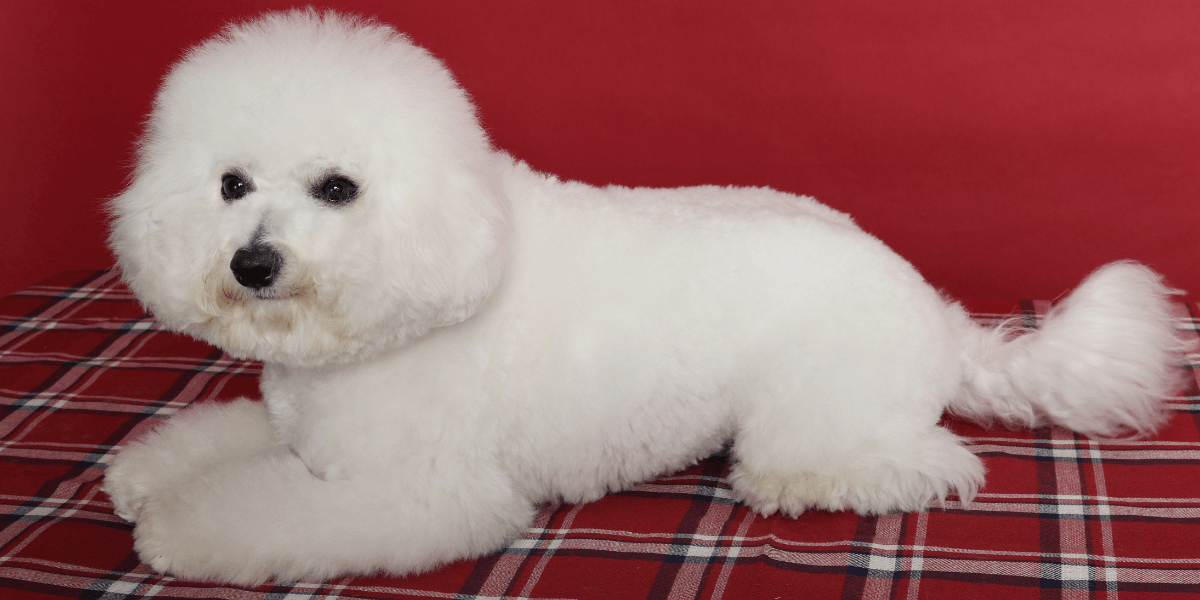
Learn about the breed's fascinating background.
- Early Origins: Originated in the Mediterranean region
- Popular in Europe: Became a favorite among European royalty
- Known as a circus dog: Used in circuses for tricks and performances
- Survived world wars: Nearly extinct but survived due to breed enthusiasts
- Recognized by AKC: Officially recognized by the American Kennel Club in 1972
- Modern companion dog: Loved for their friendly and playful nature
- Global popularity: Now popular worldwide as a family pet
- Part of the Bichon family: Related to breeds like Maltese and Havanese
2. Bichon Frise Personality and Temperament
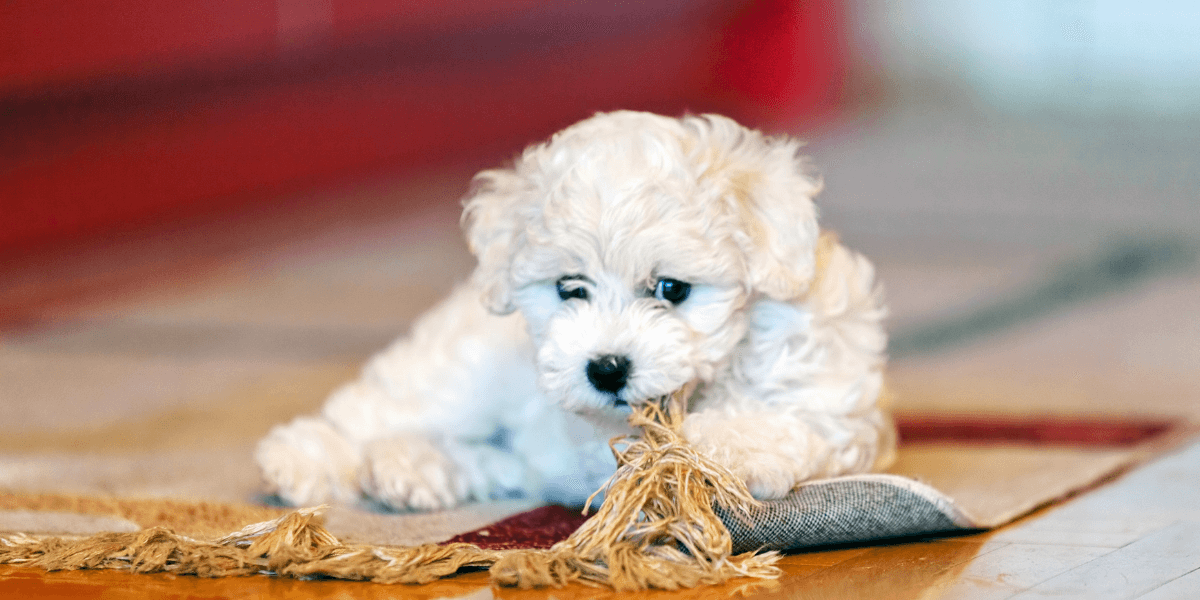
In the ultimate guide to Bichon Frise, the breed's personality is crucial for any potential owner.
- Friendly and social: Great with families, children, and other pets
- Lively and playful: Enjoys games, activities, and interactive play
- Affectionate companions: Loves cuddling and being close to their owners
- Intelligent and curious: Quick learners but may have a stubborn streak
- Alert and watchful: Makes a good watchdog despite their small size
- Adaptable to environments: Suitable for both apartments and houses
- Moderate exercise needs: Regular walks and playtime keep them happy
- Loyal to their family: Forms strong bonds with their human companions
3. Bichon Frise Care and Grooming

Understand how to keep their coat and skin healthy.
- Regular grooming required: Brush their coat several times a week
- Bathing routine: Bathe every three to four weeks to maintain cleanliness
- Dental care: Brush teeth regularly to prevent dental issues
- Nail trimming: Trim nails monthly to prevent overgrowth and discomfort
- Eye care: Clean around their eyes to avoid tear stains
- Ear cleaning: Check and clean ears weekly to prevent infections
- Professional grooming: Visit a groomer every 4-6 weeks for trims
- Healthy diet: Feed a balanced diet for skin and coat health
4. Health Concerns for Bichon Frise

Identify common health issues and their prevention.
- Allergies: Prone to skin and food allergies that require management
- Dental problems: Regular dental care is essential to prevent tooth decay
- Hip dysplasia: A hereditary condition that can cause mobility issues
- Patellar luxation: A common knee problem that may need surgical intervention
- Heart disease: Regular vet checks help detect early signs of heart issues
- Diabetes: Manage with proper diet, exercise, and insulin therapy
- Bladder stones: Monitor water intake and diet to prevent formation
- Eye problems: Regular eye checks for cataracts and other conditions
Learn how to prevent and manage hip dysplasia in your Bichon Frise to ensure their comfort and mobility.
5. Bichon Frise Training Tips
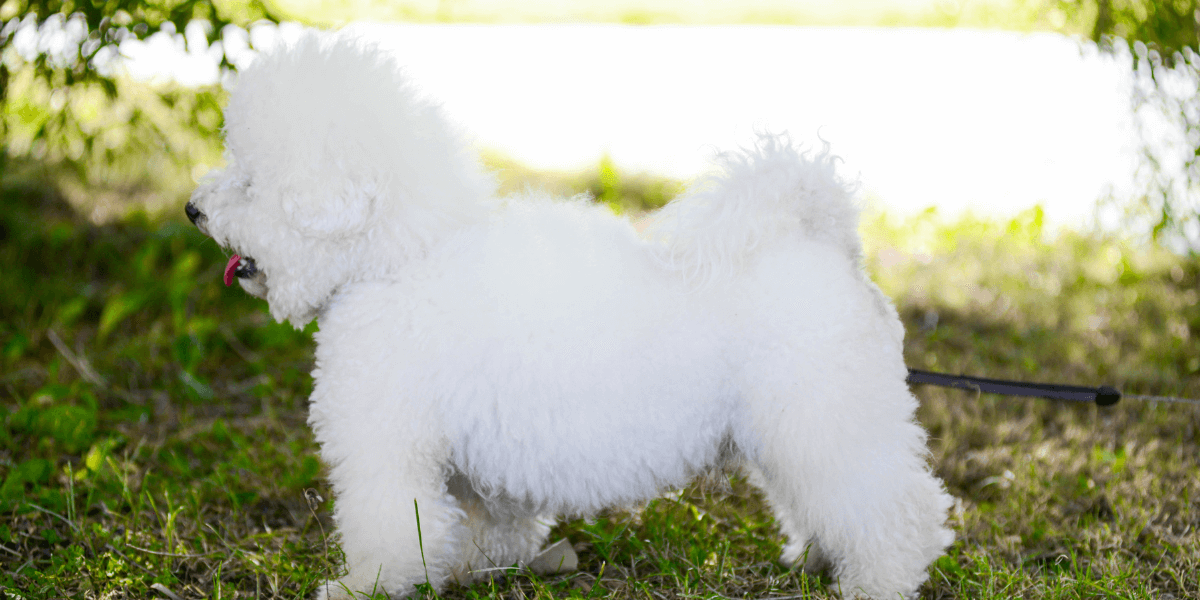
Learn how to effectively train your Bichon Frise.
- Positive reinforcement: Use treats and praise to encourage good behavior
- Consistency is key: Keep training sessions regular and consistent
- Housebreaking: Patience and routine help in successful house training
- Socialization: Introduce to new environments and people early
- Basic commands: Teach commands like sit, stay, and come for safety
- Leash training: Train to walk on a leash without pulling or lunging
- Mental stimulation: Use puzzle toys and games to keep their mind active
- Avoid harsh methods: Use gentle guidance to avoid anxiety or fear
6. Bichon Frise Diet and Nutrition
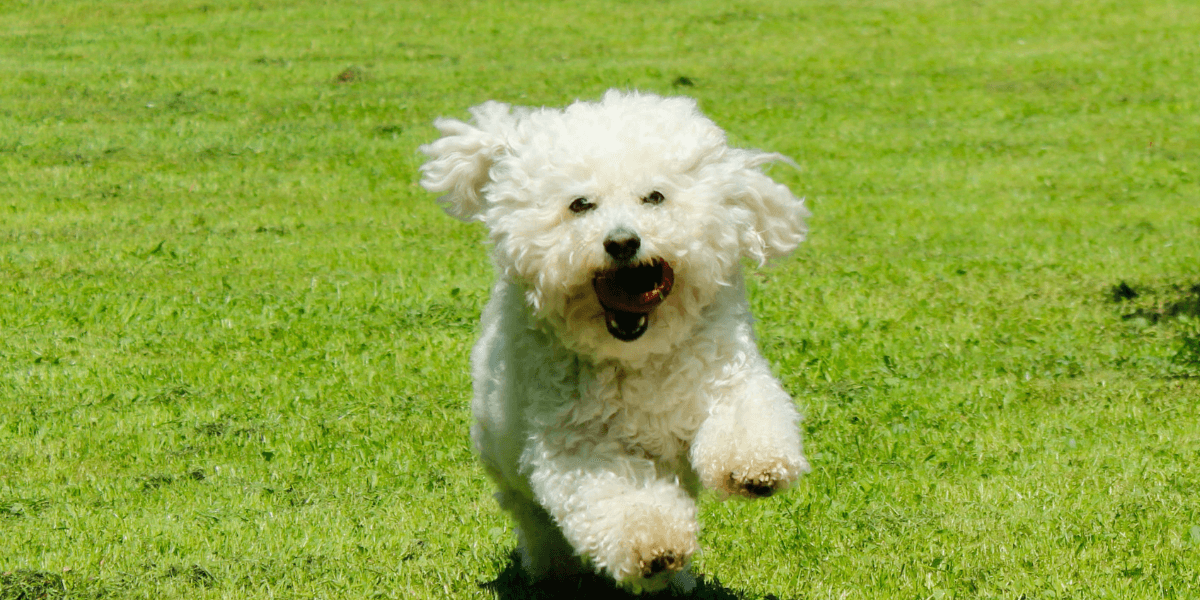
Know the dietary needs to keep them healthy and energetic
- High-quality dog food: Choose food rich in protein and essential nutrients
- Portion control: Avoid overfeeding to prevent obesity
- Hydration is important: Ensure they have access to fresh water
- Special dietary needs: Consult vet for allergies or health conditions
- Avoid table scraps: Human food can be harmful or cause obesity
- Regular feeding schedule: Stick to a routine for meals and snacks
- Healthy treats: Offer treats that are low in fat and high in nutrition
- Monitor weight: Regularly check weight to maintain a healthy range
Discover the best foods and supplements for your Bichon Frise to maintain optimal health and vitality.
7. Choosing a Bichon Frise Puppy
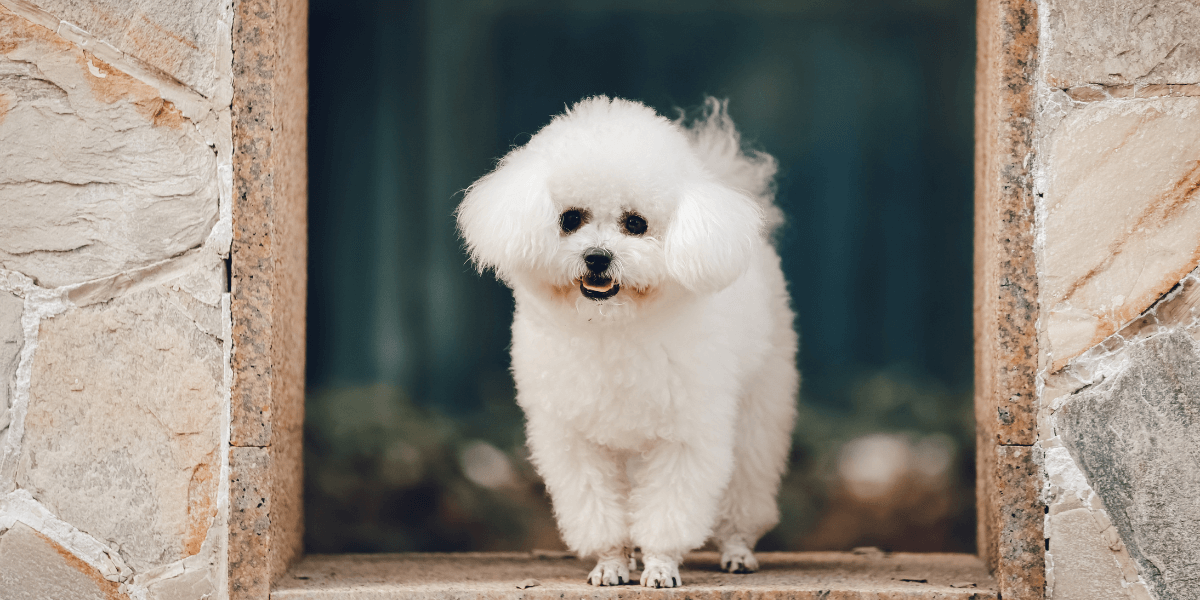
Find the right puppy to join your family.
- Reputable breeder: Choose a breeder who follows ethical breeding practices
- Health screenings: Ensure the puppy has been screened for common illnesses
- Meet the parents: Meeting the puppy’s parents can give insight into temperament
- Puppy socialization: Look for a puppy that has been socialized early
- Vaccination records: Verify the puppy has received the necessary vaccinations
- Adoption option: Consider adopting from a shelter or rescue organization
- Temperament testing: Observe the puppy’s behavior and temperament
- Prepare your home: Make your home safe and welcoming for a new puppy
Explore top tips for raising a healthy Bichon Frise puppy and ensure a happy, well-adjusted companion.
FAQs
1. What is the lifespan of a Bichon Frise?
- Typically, Bichon Frises live between 12 to 15 years
2. How often should a Bichon Frise be groomed?
- Grooming every 4-6 weeks with regular brushing at home is ideal
3. Are Bichon Frises good with children?
- Yes, they are friendly and great with kids, making them ideal family pets
4. Do Bichon Frises require a lot of exercise?
- They need moderate exercise, such as daily walks and playtime
5. Are Bichon Frises hypoallergenic?
- Yes, their low-shedding coat makes them suitable for allergy sufferers
6. How can I prevent health issues in my Bichon Frise?
- Regular vet visits, a balanced diet, and proper grooming are essential
7. What should I feed my Bichon Frise?
- High-quality dog food with a balanced amount of protein and nutrients
Conclusion
- In The Ultimate Guide to Bichon Frise, we’ve covered everything you need to know to care for this delightful breed.
- Understanding their needs will ensure they live a long and happy life
- Regular grooming and a healthy diet are key to keeping them at their best
- Keep an eye on common health concerns and consult a vet as needed
- With proper care, your Bichon Frise will be a loyal, happy companion
- Explore more resources and connect with a community of Bichon Frise lovers



